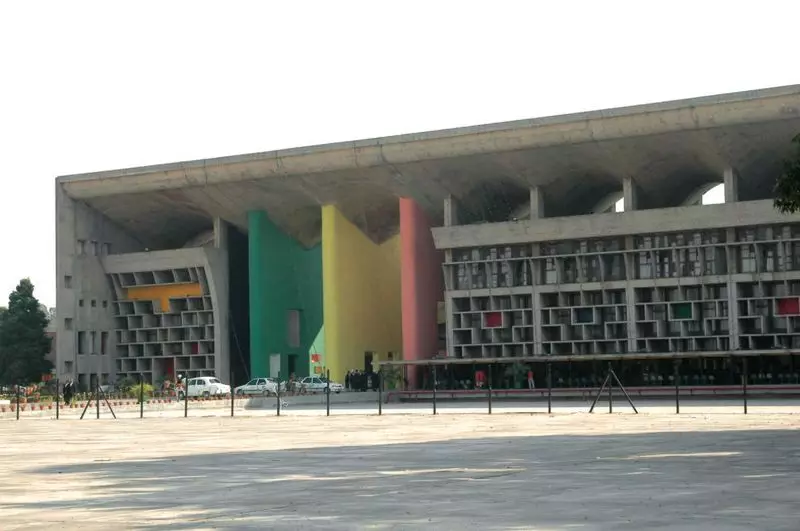
The Chandigarh Administration has made a significant revelation before the Punjab and Haryana High Court, indicating that cities across the world are actively moving away from constructing flyovers. This disclosure came during a hearing concerning a public interest litigation that challenges the proposed construction of flyovers in Chandigarh.
Global Shift in Urban Infrastructure Planning
During the court proceedings, the UT Administration presented crucial data showing an international trend where metropolitan areas are reconsidering their approach to urban mobility. The administration's counsel informed the bench of justices that numerous global cities have either abandoned or significantly scaled back their flyover construction plans in recent years.
The court was told that urban planners worldwide are increasingly recognizing that flyovers often fail to provide long-term solutions to traffic congestion. Instead, many cities are now prioritizing sustainable transportation alternatives that promote better urban living environments and reduce environmental impact.
Chandigarh's Proposed Flyover Projects Under Scrutiny
The hearing specifically addressed the proposed construction of three flyovers in Chandigarh at key intersections: the railway station in Sector 17, the housing board light point in Sector 18, and the Dakshin Marg in Sector 20. The petitioner, Hemant Goswami, has challenged these projects, arguing that they would adversely affect the city's character and environment.
Goswami's petition contends that the proposed flyovers would damage Chandigarh's aesthetic appeal, increase noise and air pollution, and ultimately prove ineffective in solving traffic problems. The petitioner cited examples from other cities where flyovers failed to provide sustainable solutions to urban transportation challenges.
Judicial Response and Future Proceedings
The division bench, comprising Justice Sureshwar Thakur and Justice Kuldeep Tiwari, has directed the Chandigarh Administration to submit a comprehensive affidavit detailing the global research and data supporting their claims about cities abandoning flyover projects. The court has given the administration three weeks to file this detailed response.
This case represents a crucial moment for urban planning in Chandigarh, as the court's eventual decision could set important precedents for how Indian cities approach infrastructure development and traffic management in the future.
The next hearing in this significant case has been scheduled for September 18, when the court will examine the administration's detailed affidavit and consider the broader implications of global urban planning trends on Chandigarh's development trajectory.





